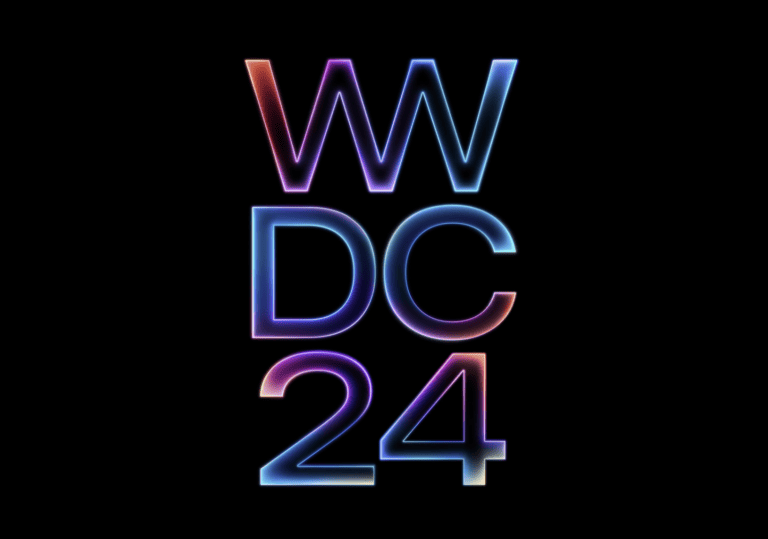On June 10, Apple will announce its AI plans at WWDC24. Unlike other Big Tech parties, the company has remained remarkably quiet about its own AI offerings. What should we expect from it?
Marketing head at Apple Greg Joswiak promises that WWDC24 will be “Absolutely Incredible” (A.I., ed.). This is the first time the tech company will delve into the details when it comes to its own AI plans. The rumour mill suggests that iOS 18 will be packed with AI features, but more clarity on that won’t emerge until June 10. Nevertheless, more has gradually already been revealed about what the iPhone maker is planning.
iPhone: mobile AI
Apple’s ecosystem is diverse, but the iPhone is considered by far the most valuable and best-selling product. Running AI on such a piece of mobile hardware is just not easy: the most advanced models simply do not fit into a smartphone’s limited memory.
In December, Apple researchers revealed that this is still possible. Complex AI calculations barely fit within the 8GB memory budget an iPhone 15 Pro has to provide, which should make everything from AI image processing to text generation possible without the help of cloud calculations. A first step was thus taken toward AI functionality on Apple devices, while developers also received the tools in late 2023 to get started with mobile AI on iOS and macOS. The more imposing specifications of iMacs and MacBooks mean that all the AI-related features that can run on an iPhone are also possible there.
Scoop it up, but need help Google?
A set of open-source tools called Apple MLX has made it possible for developers to develop AI for Apple Silicon since December. Like Intel’s AI PC Acceleration Program, it remains to be seen how successful this initiative is, but it shows that Apple’s AI applications will not be solely of its own making.
However, parties such as Microsoft (Windows) and Samsung (One UI) have already integrated AI features at the operating system level. Only with such an implementation can users rely on AI across all applications and in a cohesive way. The key here is personal data, such as calendars, personal photos and notes. That data can be leveraged by AI, but it’ll have to run locally to not turn into a privacy nightmare.
Interestingly, however, Apple does not seem to want to lean entirely on in-house expertise for this AI integration for the requirements OS. Bloomberg reported in mid-March that the company wants to add AI functionality to iOS 18 with help from Google models. Apple had also considered OpenAI, but seems to be opting for Google’s Gemini LLMs. This is despite the fact that Apple unveiled MM1, its own multimodal model, earlier this month.
Read more: ‘Apple plans to use Google Gemini for AI features iPhone’
Familiar Apple strategy?
The choice of Google as an AI partner is an obvious one. While its rival Microsoft is already intimately associated with OpenAI, Apple can choose from a distinguished set of AI models with Gemini. Still, these LLMs are not free of controversy, with manipulated Google demonstrations to tout Gemini and bizarre AI depictions.
Either way, a wait-and-see attitude fits Apple’s profile. It was not the first smartphone maker outright, for example, but its 2007 iPhone release completely turned the market on its head. Throughout, the company has maintained this approach. For example, features regularly appear much later on iOS than on Android. In terms of AI, this would also be the case. After all, Samsung already offers an extensive suite of AI-driven features, grouped together under the name Galaxy AI. We have our reservations about this implementation, leaving Apple to offer a potentially more impressive solution.
Tip: Samsung Galaxy S24 Ultra review: much more than just AI
